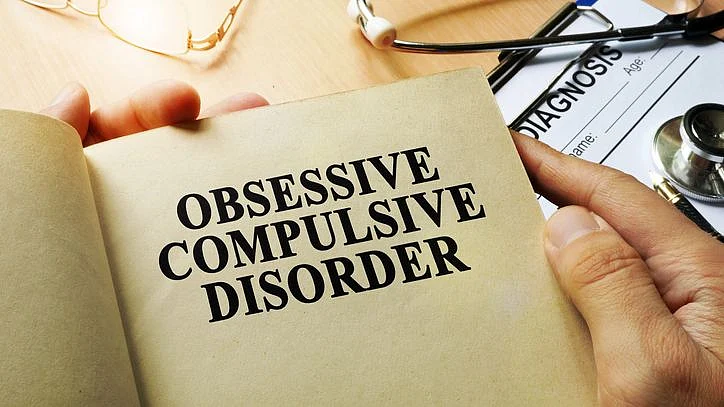Introduction
OCD Full Meaning refers to Obsessive-Compulsive Disorder, a chronic mental health condition that affects millions of people worldwide. It is characterized by persistent, unwanted thoughts (obsessions) and repetitive behaviors (compulsions) that interfere with daily life and cause significant distress. Understanding the OCD full meaning is essential for recognizing symptoms, causes, and management strategies.
1. OCD Full Meaning and Its Key Symptoms
OCD is primarily defined by two key symptoms: obsessions and compulsions.
For Consultation with the Best Psychiatrist in Delhi for the Best OCD Treatment in Delhi, consider visiting:

What Are Obsessions?
Obsessions are intrusive and persistent thoughts, images, or urges that create anxiety. Examples include:
- Fear of contamination or germs
- Unwanted aggressive or taboo thoughts
- Obsession with order, symmetry, or exactness
- Repetitive doubts (e.g., checking if doors are locked)
What Are Compulsions?
Compulsions are repetitive behaviors performed to relieve anxiety caused by obsessions. Examples include:
- Excessive handwashing or cleaning
- Repeating actions a specific number of times
- Constantly checking on objects (doors, stoves, locks)
- Counting or arranging objects in a specific way
2. Causes and Risk Factors of OCD
While the exact cause of OCD full meaning is not fully understood, research suggests genetic, neurological, and environmental factors contribute to its development.
Genetic Factors
OCD tends to run in families, indicating a hereditary component. If a close relative has OCD, the risk may be higher.
Neurological Factors
Studies suggest that people with OCD have differences in certain brain areas responsible for decision-making and impulse control.
Environmental Triggers
Stressful life events, trauma, or sudden changes in routine can trigger OCD symptoms.

3. How is OCD Diagnosed?
A mental health professional diagnoses OCD based on established medical guidelines. The process includes:
- Discussing symptoms and their impact on daily life
- Using standardized psychological assessments
- Ensuring symptoms are not linked to other medical conditions
For more Information you can also visit:
- National Institute of Mental Health (NIMH)
- World Health Organization (WHO)
- Centers for Disease Control and Prevention (CDC)
4. Managing OCD: Effective Strategies
Although OCD is a lifelong condition, several effective strategies can help individuals manage symptoms.
Cognitive-Behavioral Therapy (CBT)
CBT is one of the most effective treatments for OCD. It helps individuals identify and change negative thought patterns linked to compulsive behaviors.
Lifestyle Changes
- Regular exercise
- Practicing mindfulness and relaxation techniques
- Maintaining a structured daily routine
Support Groups & Community Resources
Joining OCD support groups and seeking guidance from mental health organizations can provide valuable emotional support. Recommended resources:

5. Conclusion
Understanding the OCD full meaning is the first step toward awareness and effective management. By recognizing symptoms, causes, and treatment options, individuals can take proactive steps to improve their quality of life. If you suspect you or a loved one has OCD, consult a licensed mental health expert.
Early intervention and proper treatment can help individuals lead a more balanced and fulfilling life. With the right support system, including therapy, self-care strategies, and community resources, managing OCD becomes easier. Remember, seeking help is a sign of strength, and professional guidance can make a significant difference in overcoming challenges associated with OCD.

